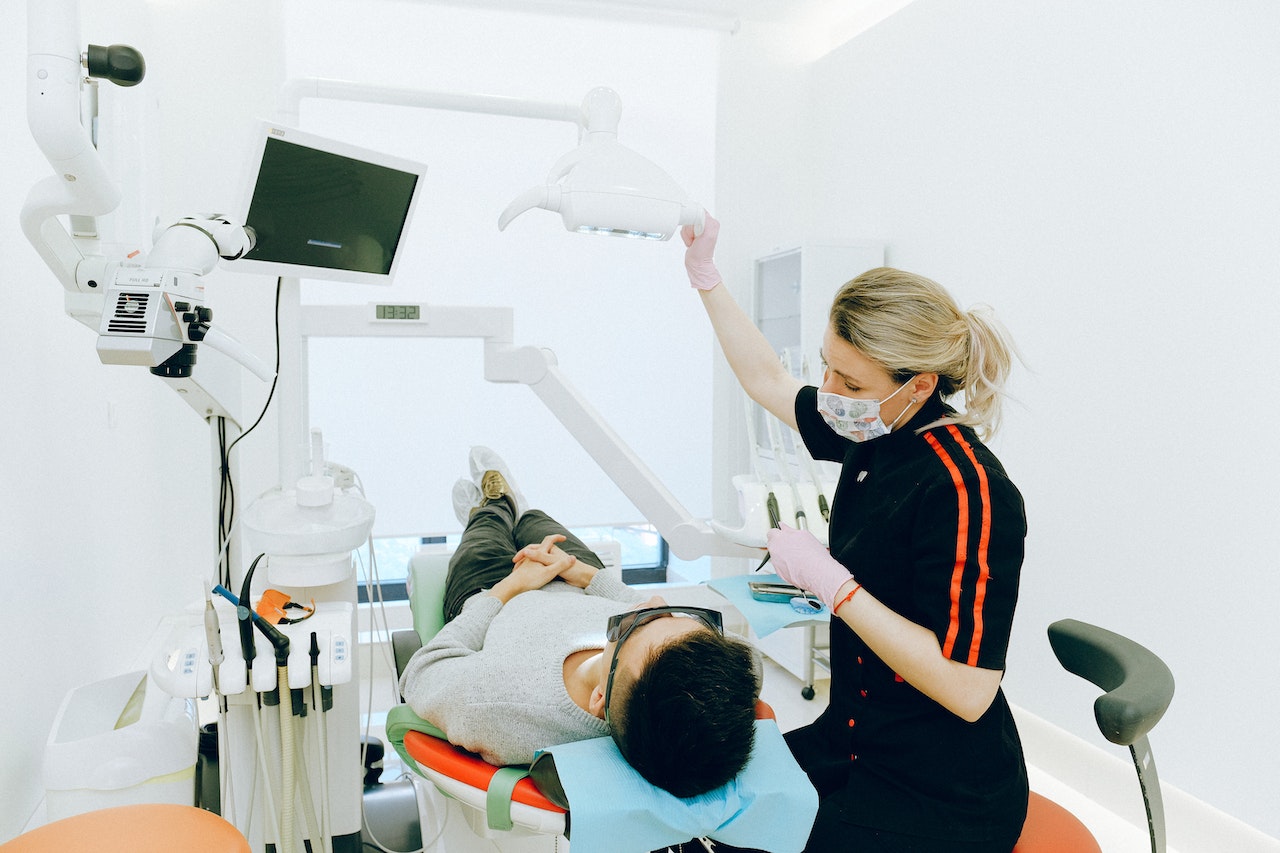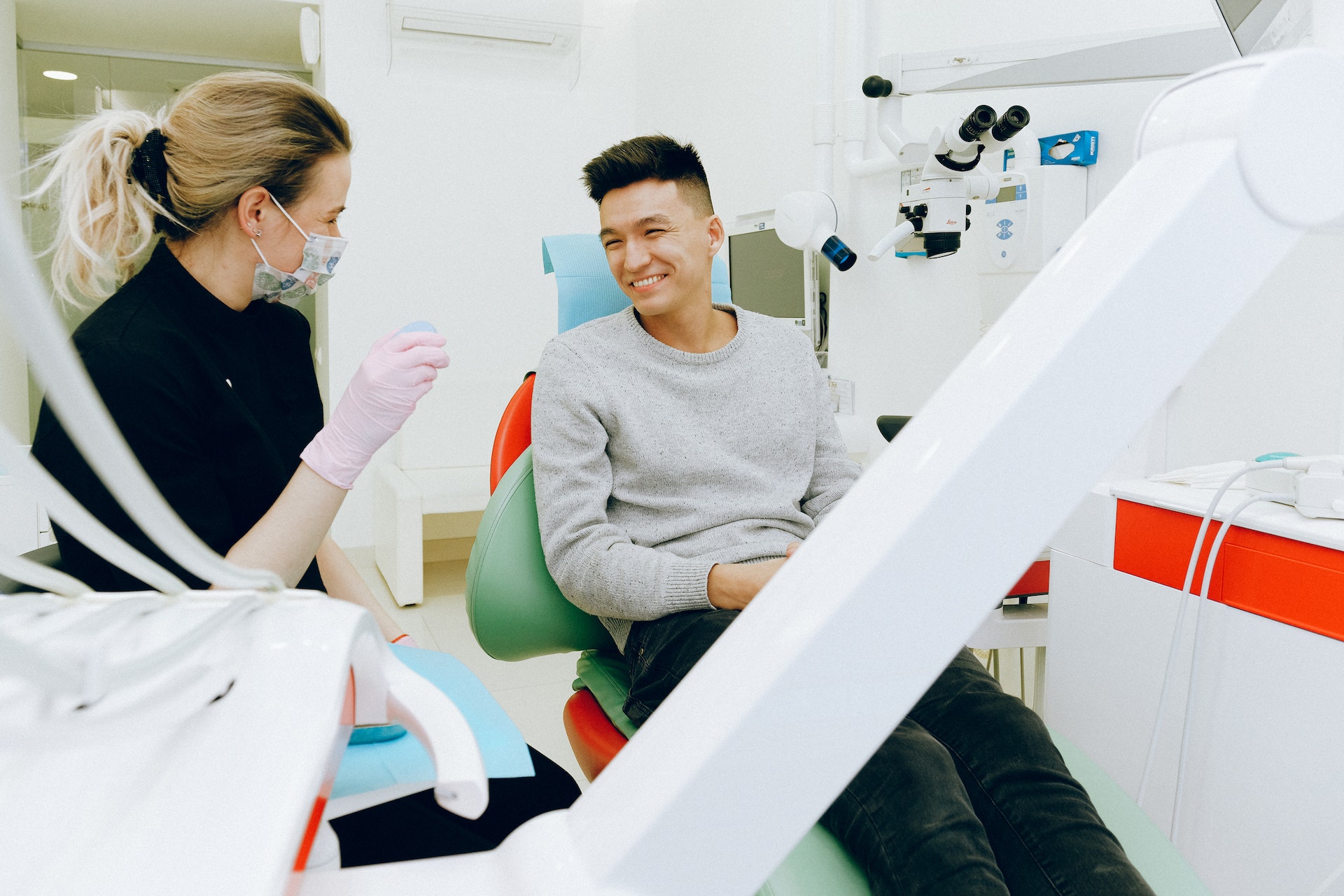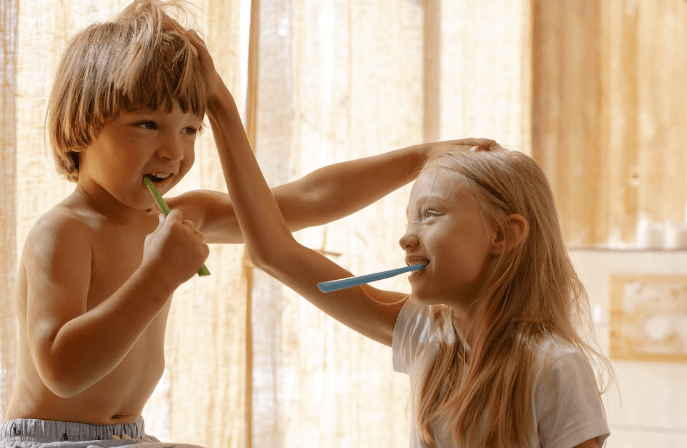Are you ready to make the most out of your dentist appointments? Whether you’re a regular at the dental clinic, or it’s your first visit to a dentist in Glasgow or your location, some key considerations can help ensure you have an optimal experience. From pre-appointment preparations to what to expect during and after your visit, here’s what you should keep in mind.
What to Do Before Your Dentist Appointment
Before heading to your dentist appointment, a few simple steps can help set the stage for a successful visit. First and foremost, schedule your appointment well in advance to secure a convenient time that works for you. This will also give you ample time to prepare. Next, gather any necessary documents or paperwork that may be required, such as insurance information or previous dental records. Having these on hand will save you and your dentist valuable time during the appointment.

What to Expect During Your Dentist Appointment
During your dentist appointment, there are a few things you can expect to happen. The dental hygienist will likely start by examining your teeth and gums using various tools. This is done to check for any signs of cavities or gum disease. They may also take X-rays if necessary to get a more detailed look. After the examination, it’s time for the cleaning! The hygienist will utilize special instruments to remove plaque or tartar buildup from your teeth. This process may involve scraping and polishing, but don’t worry – it’s not as uncomfortable as it sounds!
Next up is the fluoride treatment. This involves applying a fluoride gel or foam to help strengthen your tooth enamel and safeguard against cavities. It usually only takes a few minutes, leaving your teeth smooth and refreshed. If you have concerns or questions about your oral health, this is the perfect time to bring them up with your dentist. They can advise on proper brushing and flossing techniques, recommend specific products tailored to your needs, or address any other concerns.
What to Do After Your Dentist Appointment
 After your dentist appointment, there are a few things you can do to ensure that you make the most out of it. Make sure to follow any post-treatment instructions given by your dentist. This may include avoiding certain foods or drinks, taking prescribed medications, or using specific oral care products. Next, take note of any recommendations or tips provided by your dentist during the appointment. They may suggest changes in your oral hygiene routine or recommend additional treatments for ongoing dental issues.
After your dentist appointment, there are a few things you can do to ensure that you make the most out of it. Make sure to follow any post-treatment instructions given by your dentist. This may include avoiding certain foods or drinks, taking prescribed medications, or using specific oral care products. Next, take note of any recommendations or tips provided by your dentist during the appointment. They may suggest changes in your oral hygiene routine or recommend additional treatments for ongoing dental issues.
Listening and taking these suggestions seriously is important as they can greatly impact oral health. Another thing you can do after your dentist appointment is to schedule any necessary follow-up appointments right away. Whether for a regular check-up or further treatment, staying on top of these appointments will help maintain optimal dental health.
Conclusion
Making the most of your dentist appointments is crucial for maintaining good oral health. By taking some simple steps before, during, and after your appointment, you can ensure that you receive the best care possible. Hopefully, this article has provided the tools and tips you need for a successful visit to the dental clinic.…



